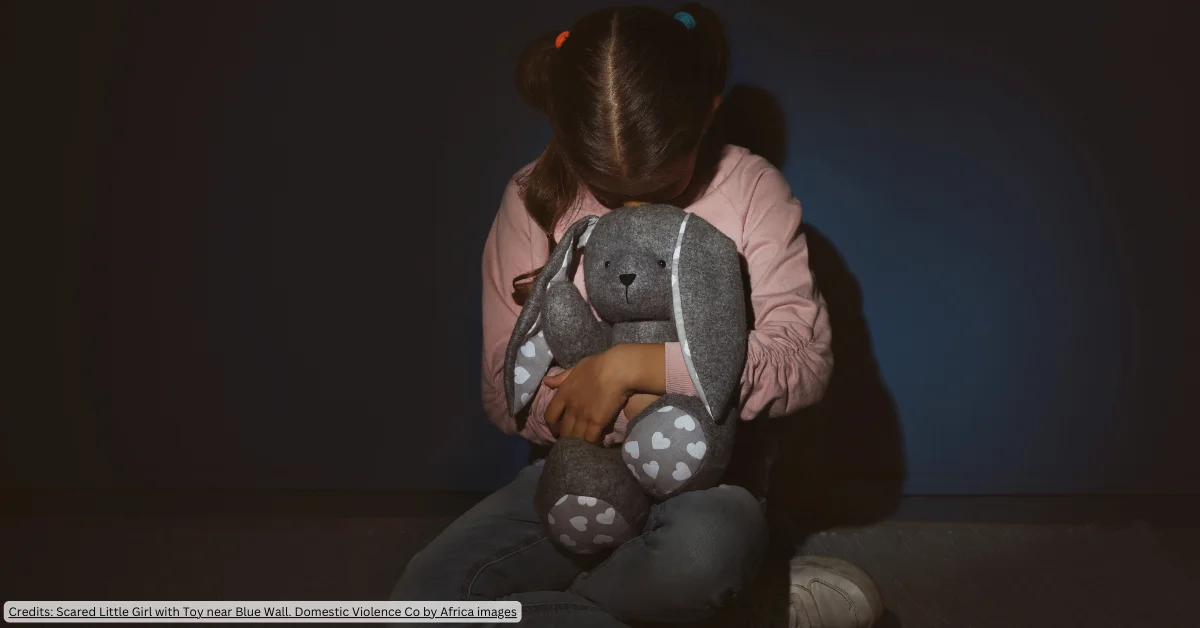Four of the largest international aid groups working in Afghanistan warn that the lives of women and children were at risk if the de facto authorities did not immediately reverse a ban on female NGO workers in the country.
Save the Children, World Vision International, CARE International and the Norwegian Refugee Council (NRC) all temporarily suspended their operations in Afghanistan following the de facto authorities announcement on Dec. 24, saying they cannot reach the millions of children, women and men in need of assistance without female staff.
At a joint news conference, the four international non-government organisations called for an immediate reversal of the ban which came a week after women were prohibited from attending university. Girls are already banned from secondary schools and in November were banned from public gardens, gyms and public baths.
Inger Ashing, CEO of Save the Children, said her organisation had been treating 73,000 children for the most life-threatening forms of malnutrition and 30,000 women via mobile clinics and these lives were at risk without female medical staff.
“This is not a choice. We can’t deliver our life-saving support without our female colleagues. If we aren’t able to start programming again children will die … that’s how serious the situation is.”
Latest data shows that about 28 million people – more than half the population – including 14 million children, are in need of humanitarian assistance in Afghanistan. About 97% of Afghans are at risk of falling below the poverty line this year. Over 1.1 million children aged under five are acutely malnourished.
“We have been standing alongside the children of Afghanistan for more than two decades, throughout so many challenges. We must find an early resolution, for our female staff to continue bringing life in all its fullness for girls and women. They deserve nothing less,” said World Vision International President and CEO, Andrew Morley.
World Vision International has been working in Afghanistan for 21 years. The organisation has supported six million people, three million of whom are children.
CARE International began working in Afghanistan for more than 6 decades, with 900 staff, 38% of whom are women, spread across 9 provinces.
“Women and girls are already the ones eating last and least, at a time where an estimated 6 million Afghans are only one step away from famine. One can only imagine the impact this latest devastating decision will have on a population already facing extreme hardship. Women humanitarians are some of the most effective in the world; they are a non-negotiable part of aid delivery, which cannot discriminate,” said Sofia Sprechmann Sinerio, CARE International Secretary-General
The NRC currently has 1,541 staff members in Afghanistan, of whom 469 are female. Since 15 August 2021, NRC teams have assisted over 870,000 people affected by displacement across 18 provinces in Afghanistan with support ranging from emergency responses to floods, earthquakes and drought, education, shelter, legal assistance, protection, livelihoods, food security and water.
This year, NRC delivered assistance to 3,700 families to prepare them for winter. These lifesaving winterization activities are now on hold due to the ban.
“We cannot function without our female staff; they form a vital part of our humanitarian response and make up approximately one-third our workforce. We need unimpeded access for both men and women to our job,” said Adam Combs, NRC Regional Director.
Related: CARE Australia echoes UN call for more female humanitarian leadership
Menchie Khairuddin is a writer Deputy Content Manager at Akolade and content producer for Third Sector News. She is passionate about social affairs specifically in mixed, multicultural heritage and not-for-profit organisations.
- Menchie Khairuddinhttps://thirdsector.com.au/author/menchi-kakolade-co/
- Menchie Khairuddinhttps://thirdsector.com.au/author/menchi-kakolade-co/
- Menchie Khairuddinhttps://thirdsector.com.au/author/menchi-kakolade-co/
- Menchie Khairuddinhttps://thirdsector.com.au/author/menchi-kakolade-co/











